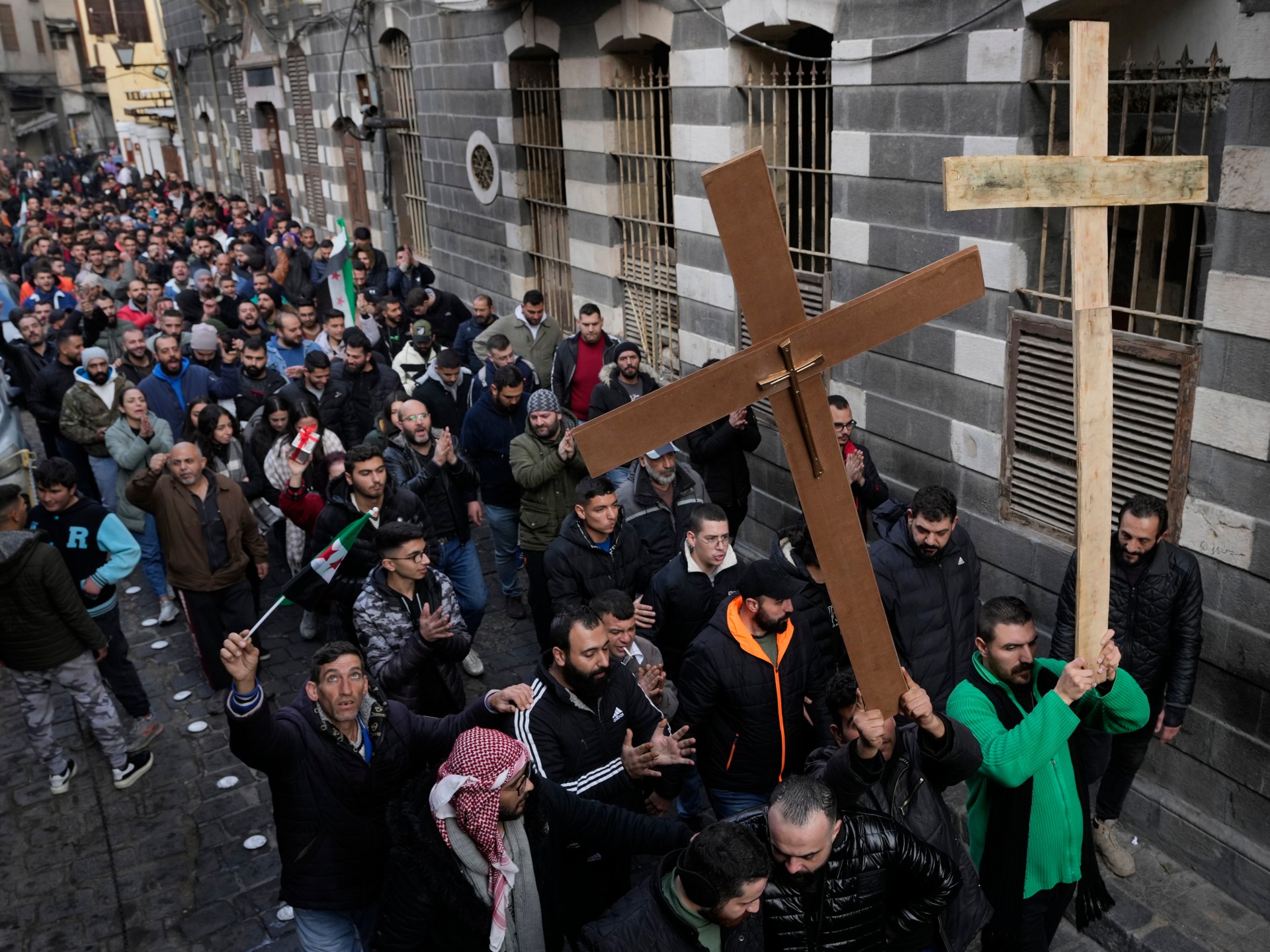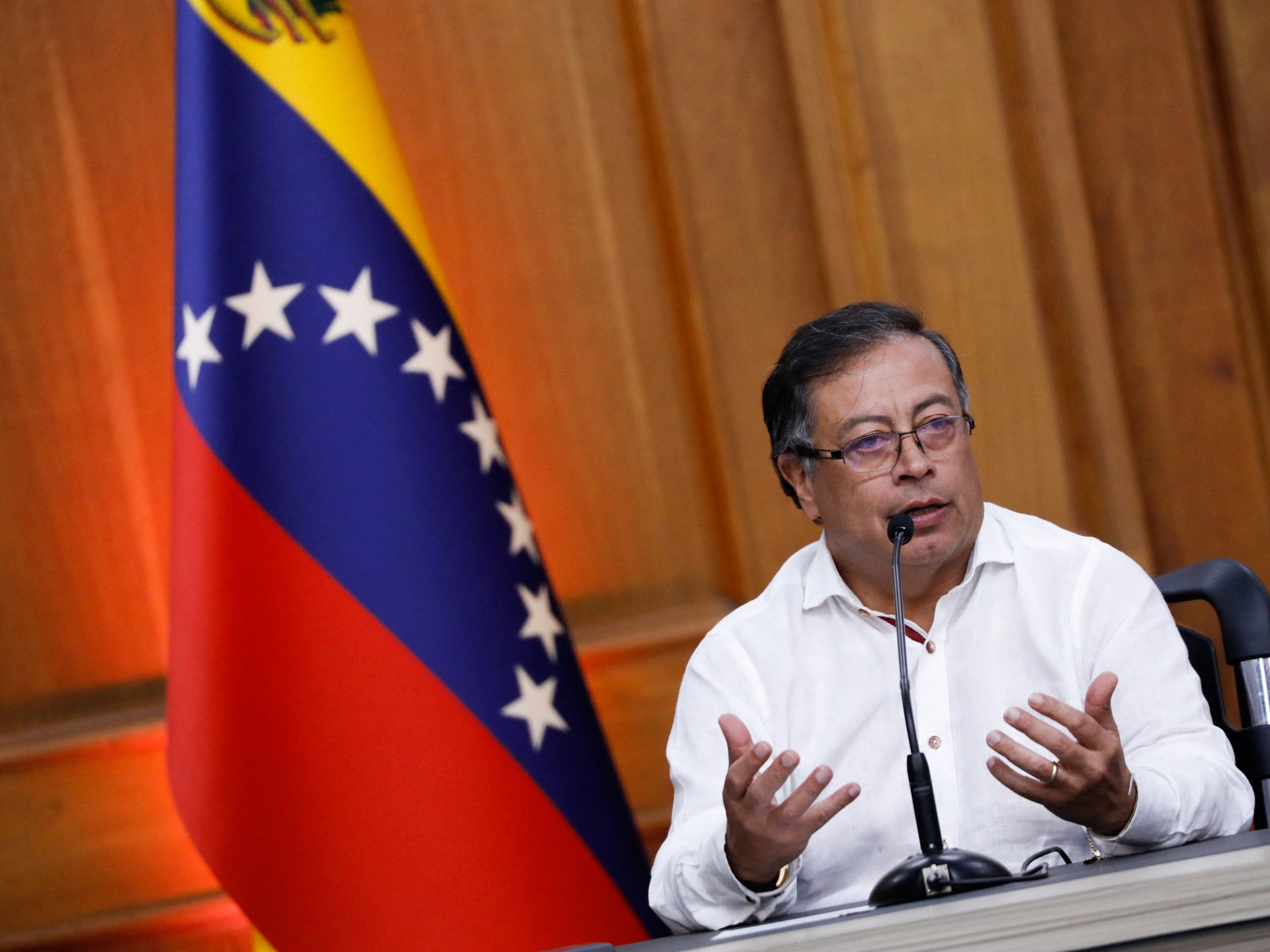

Colombian President Gustavo Petro has announced the suspension of peace talks with National Liberation Army (ELN) rebels, accusing the group of committing war crimes in the Catatumbo region on Colombia’s border with Venezuela.
“The dialogue process with this group is suspended; the ELN has no will for peace,” Petro said in a social media post on Friday.
On Thursday, ELN fighters killed at least five members of the demobilised Revolutionary Armed Forces of Colombia (FARC) rebel group, the Reuters news agency reported.
The ELN also launched attacks against a FARC dissident faction known as the Estado Mayor Central (EMC), which is engaged in separate peace talks with the government.
Carlos Ruiz Massieu, the representative of United Nations chief Antonio Guterres in Colombia, condemned the attacks and called for civilians to be protected.
“I call on armed groups to cease violent actions,” Massieu said in a post on X on Thursday. “The true will for dialogue requires respecting the lives of those who have opted for peace.”
Advertisement
Reporting from the Colombian capital, Bogota, on Friday morning, Al Jazeera’s Alessandro Rampietti said the level of violence reported this week had not been seen in Catatumbo in years.
“This is a region that has always been volatile,” said Rampietti, explaining that different armed groups have long operated in the area amid a fight for control of cocaine trafficking routes and other illicit activities.
“But what we’ve seen happening since yesterday is the ELN going after their perceived enemies with a violence that we have not seen in a long time,” he said. “We’ve seen more than 70 families leaving this area, displaced.”
Rampietti added that further confrontations are expected in the next weeks and months.
Last year, Petro’s government reached a six-month truce and started a peace process with the ELN, which had been set to expire in February.
But clashes have repeatedly derailed the talks, which were suspended in September after a deadly ELN attack targeting government forces. Negotiations resumed later in 2024.
Colombia has endured a decades-long war with left-wing rebel groups, some connected to the drug trade.
The country reached a landmark agreement in 2016 that ended fighting with the FARC and saw members of the group put down their weapons. But violence with the ELN and FARC splinter factions that did not recognise the 2016 pact has continued.
When the left-wing Petro took office in 2022, he promised “total peace” in the country and tried to push for ceasefires with armed groups.
Advertisement
“We will work tirelessly to bring peace and tranquility to every corner of Colombia. This is the government of life, of peace, and that is how it will be remembered,” Petro said in his inauguration speech.
While his strategy has reduced the violence, rebel infighting and clashes with the Colombian army have persisted.
“Armed groups continue to commit serious abuses against civilians and expand their presence across the country,” Human Rights Watch said in a recent report.
“Security forces and judicial authorities have often failed to effectively protect the population, ensure victims’ access to justice, and meaningfully investigate and dismantle criminal groups.”
This week, Guterres reiterated his call for an end to the fighting.
“I call on the parties to establish a new ceasefire as soon as possible, with a robust monitoring and verification mechanism and a scope broad enough to enhance the security of communities affected by the conflict,” the UN secretary-general said in a statement.
Related News
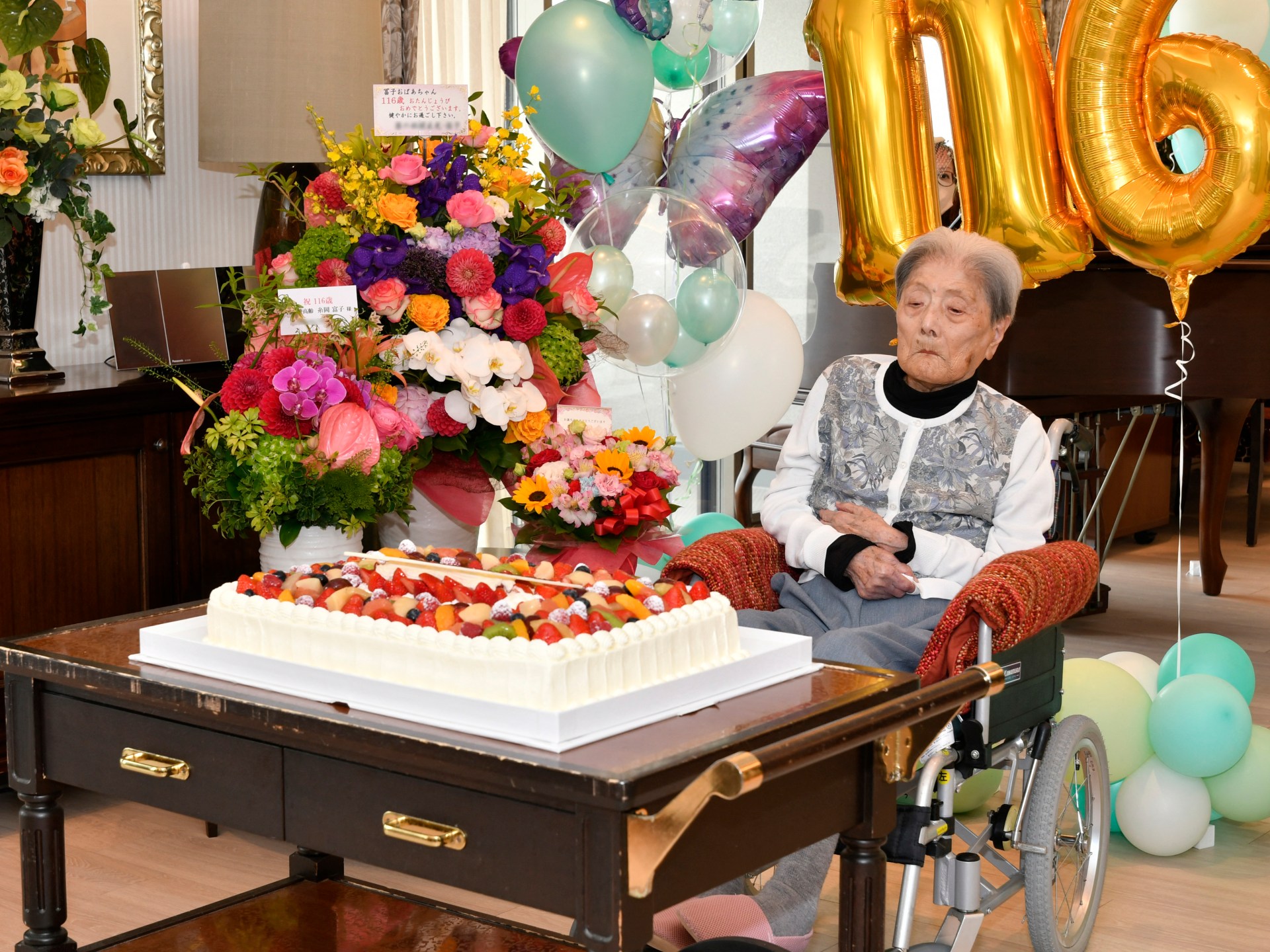
World’s oldest person dies in Japan aged 116
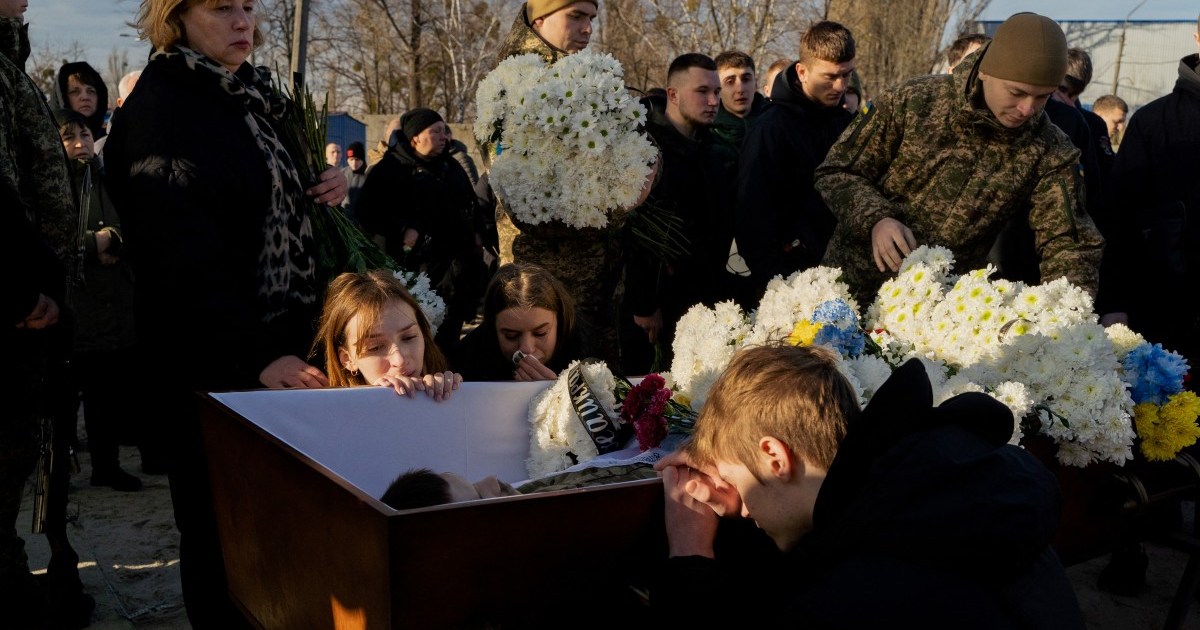
One killed, four injured as barrage of Russian drones hits Ukraine’s Kyiv
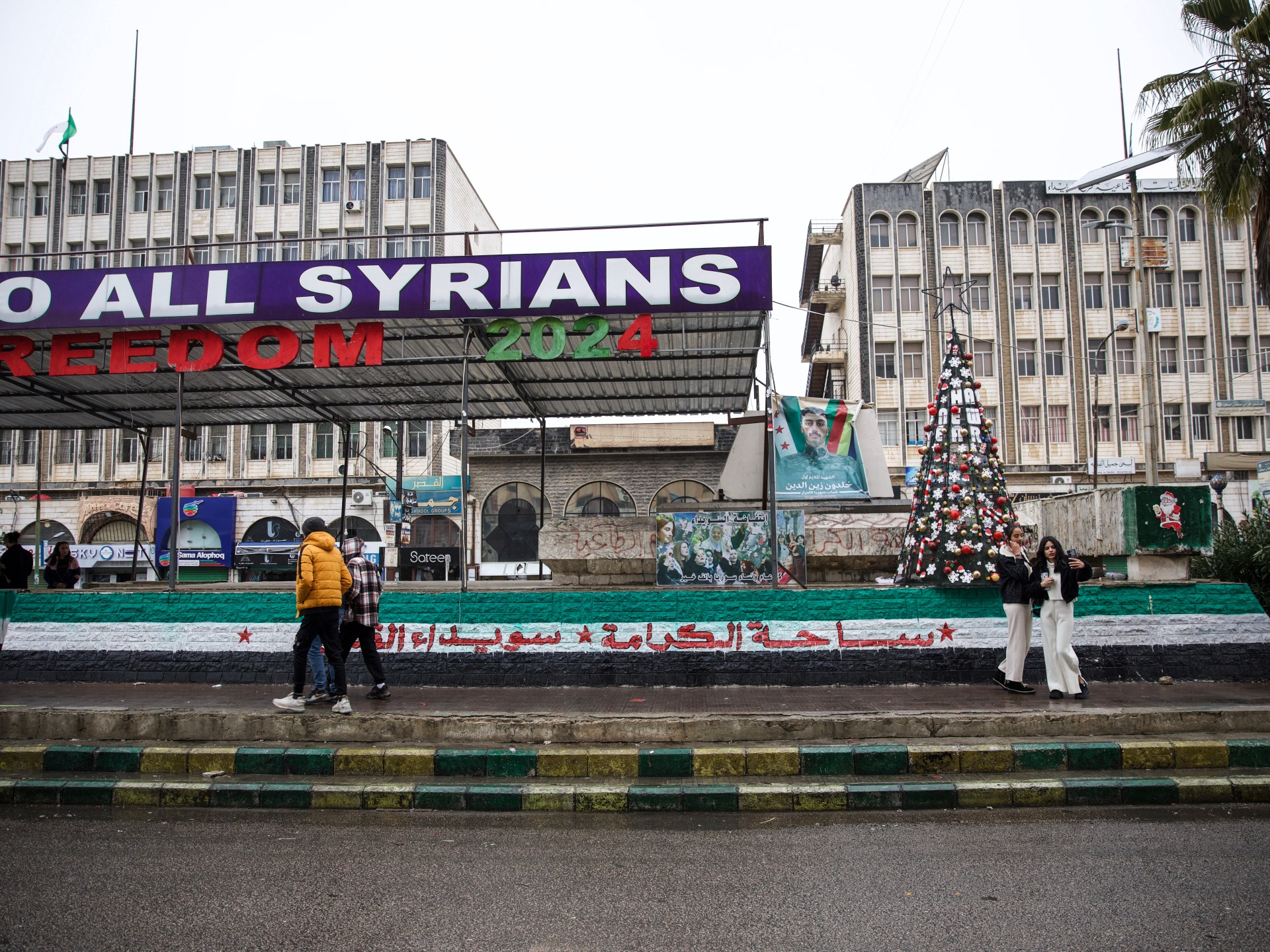
Syria in 2024: A year that changed everything in a war-torn nation
